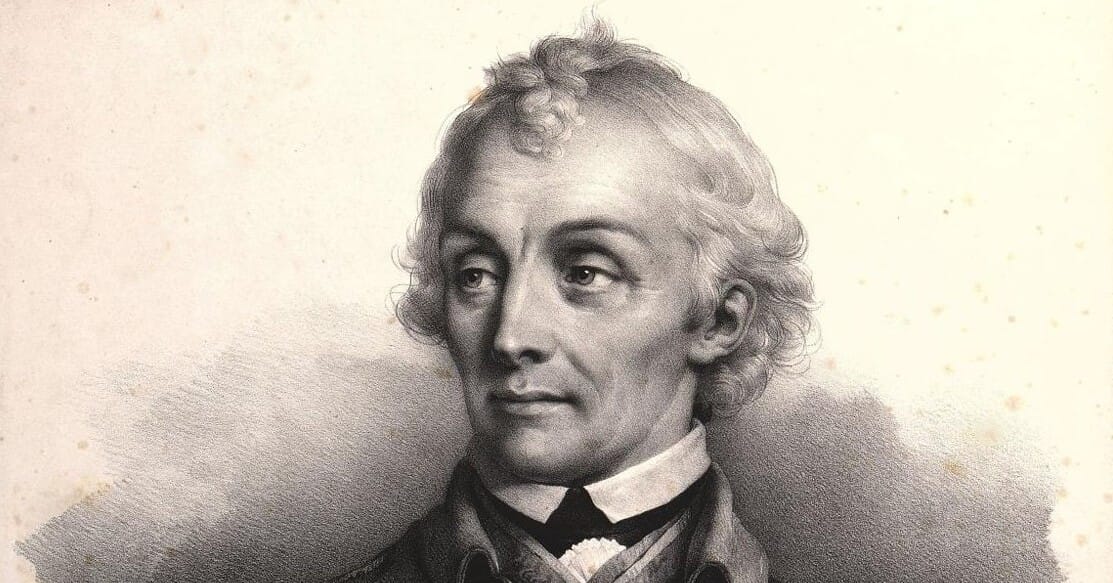The Russian generalissimo is credited with saying how important it is to bury the remains of soldiers killed in battle. We have verified the correctness of this attribution.
As a quote from Suvorov, the expression we are interested in is presented in a variety of collections with aphorisms of famous people, including in the Russian language "Wikiquote" and on the portal City.net. This phrase, authored by the commander, can be found on websites Moscow State University and a magazine published by the Ministry of Foreign Affairs of the Russian Federation "International life", in the magazine "Amateur", TV channel reports "World 24" And euronews, in the newspaper "Arguments and Facts", V thematic And regional Media. Mentions of the quote are easy to find in social networks.
Several texts authored by the famous commander have survived. Probably the most famous of them is "The Science of Winning", a collection of Suvorov’s instructions and considerations regarding the conduct of war. We could not find the phrase we were interested in in this essay. In 1986, the USSR Academy of Sciences released a collection that includes almost 700 letters from Suvorov with additions and historical comments. Our search for this publication was also unsuccessful.
The earliest text in which we found the phrase about “the last buried soldier” and in which its authorship was attributed to Suvorov dates back to the spring of 1990. In the April issue of Radio magazine came out note “This is necessary for the living,” dedicated to the 45th anniversary of the victory in the Great Patriotic War and dedicated to the participation of radio amateurs in the work of search teams. The introduction to this text begins like this: ““The war is over when the last soldier is buried.” These words of Alexander Vasilyevich Suvorov became the meaning and content of the patriotic movement of a large group of shortwave radio amateurs, participants in the all-Union radio expedition "Victory".
At the same time, it would be a mistake to consider this note as the first source from which Suvorov’s quote became known. In 2004, the Dutch researcher Marius Broekmeyer published the book “Stalin, the Russians and Their War,” which also mentioned the statement we are interested in (in English translation it sounds like You can never consider a war finished until the last soldier has been committed to the earth). Historian as a source of information named a letter from a certain S. Kashurko, written back in 1989, that is, Suvorov’s quote was known at least a year before publication in the Radio magazine. Bruckmeyer probably communicated with Stepan Kashurko - in 2005, Novaya Gazeta called his “head of the Center for Search and Perpetuation of Missing and Dead Soldiers.” Some sources mention that Kashurko also introduced himself as “Marshal Konev’s assistant for special assignments” (this was later refuted granddaughter of a Soviet military leader).
A new wave of popularity of the phrase, apparently, occurred in 1995, when the 50th anniversary of the Victory was celebrated. Its mention can be found in one of the issues published by the Russian Foreign Ministry "Diplomatic Bulletin", collection "Forever in the people's memory", conference materials “50th anniversary of the Great Victory over fascism: history and modernity” and other sources. Apparently, the expression remained popular among representatives of search teams - for example, in 1998 in the German Der Spiegel it is given in an article about the reburial of the remains of German soldiers who died in the territory of the former USSR.
Thus, we were unable to find reliable evidence that the famous Russian commander is the author of the phrase “The war is not over until the last soldier is buried” or close analogues. Judging by publicly available data, this statement was attributed to Suvorov by the leaders of search parties at the turn of the 1980s and 1990s. Much later, the quote became popular in the Russian and foreign press, but it is often continue present as apocryphal.
Incorrect quote attribution
- Did Suvorov say: “The bad soldier is the one who does not dream of becoming a general”?
- Is it true that the author of the expression “English woman shits” is Alexander Vasilyevich Suvorov?
If you find a spelling or grammatical error, please let us know by highlighting the error text and clicking Ctrl+Enter.






